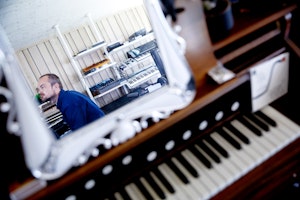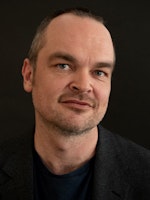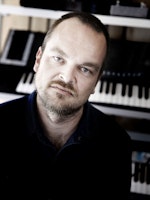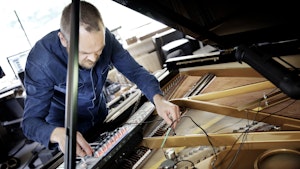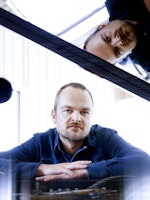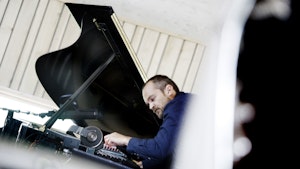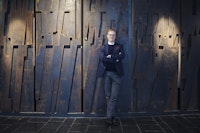It wasn't immediately clear that he would become a musician until after high school.
"I pursued the natural sciences," says pianist, composer, music technologist, producer, researcher, professor - and the incoming Vice Principal - Morten Qvenild. Fortunately, things clicked when he started at Toneheim Folk High School.
"So, we were down in the basement, practising standard songs almost around the clock for a year."
From there, he continued living as an NMH student, with nearly 25 years of touring, 1200 concerts, and 120 releases, working in genres from jazz and pop to classical orchestras and avant-garde.
Dream Scenario
Now, life remains just as intense and complex with work, a partner, and two children, but his focus has naturally shifted towards promoting and facilitating for others. There is a time for everything, and he felt, during his 30s and artistic doctoral work, the need to share knowledge from an active performing career. But even though many experiences from his freelance life can be helpful as a Vice Principal, he believes that the way of thinking is a bit different in the role he is entering now.
"I can't only be a performer's voice but want to think more broadly about what other people need. I have to go out and talk to people differently and more than when I'm working on my own project and generating everything from my own artistic core. Aspects from the field and artistic practice through my work will always be at the core. The performer aspect in the music world, as it is, is crucial for how we shape education."
